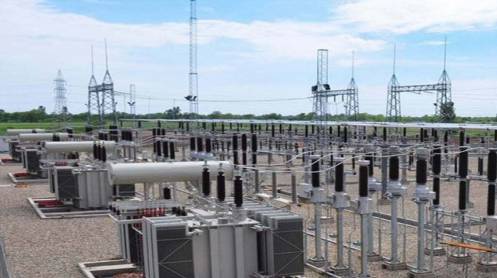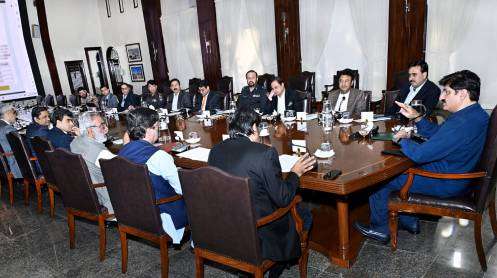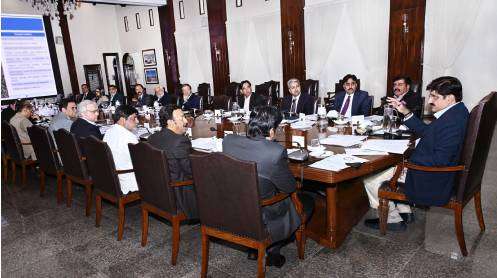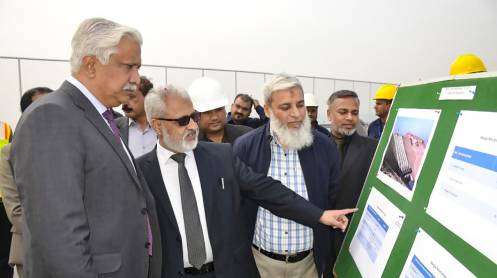ISLAMABAD: A probe into widespread overbilling by the Lahore Electric Supply Company (Lesco) has prompted calls for similar investigations across all power distribution companies, as the Power Division confirmed action against officials found responsible, following an inquiry ordered by Prime Minister Shehbaz Sharif.
At a public hearing hosted by the National Electric Power Regulatory Authority (Nepra), Additional Secretary Power Mehfooz Bhatti confirmed that the inquiry report had been submitted to the Prime Minister. However, he refrained from sharing details until the report’s recommendations are formally processed and shared with the regulator.
Consumer groups present at the hearing expressed concerns that overbilling may not be limited to Lesco and demanded a broader, transparent investigation into all ex-Wapda distribution companies (Discos).
The hearing also reviewed Discos’ joint petition seeking a negative quarterly adjustment of Rs1.80 per unit, proposing a refund of Rs53.4 billion to consumers for the August–October 2025 billing cycle. These savings mainly result from reduced capacity payments during April–June 2025.
Nepra Member Rafique A. Shaikh recalled past overbilling discrepancies highlighted by the regulator, which were later confirmed by a subsequent inquiry conducted by the Power Division itself. He emphasized that Nepra had facilitated consumer refunds in previous cases.
Meanwhile, the Power Division clarified that the electricity duty cannot be abolished without provincial consent, despite an earlier announcement by Federal Minister for Power Sardar Awais Leghari. So far, only two provinces have responded to the federal proposal for removing the duty from July 1, 2025.
Additional concerns highlighted during the hearing included:
- 128,000 pending new connections, delaying absorption of 1,070MW capacity.
- 4,000 net-metering applications pending nationwide, including 2,000 in Faisalabad alone.
- Over 70,000 faulty meters yet to be replaced, causing reliance on estimated billing.
The Power Division noted that 700–800MW of captive power has shifted back to the national grid due to increased gas tariffs, contributing to a drop in circular debt from Rs2.39 trillion to Rs1.6 trillion over the past year.
Industrial representatives from Karachi and Lahore raised concerns over a 14% rise in electricity tariffs from July 1 and the impact of a 19% U.S. tariff on Pakistani exports. They urged the government to eliminate cross-subsidy costs — estimated at Rs137 billion by industry and Rs73 billion by the Power Division — to remain regionally competitive.
Despite claims of efficiency gains, industrial consumers flagged rising system losses, which hit 18.3% in FY2025, up from 17.55% in FY2024 and 16.5% in FY2023.
The Power Division attributed the Rs53.7bn capacity payment savings to:
- Rs18bn saved from the non-operational Neelum-Jhelum project,
- Rs17bn from revised contracts,
- Declining interest rates and a stable currency.
After accounting for increased operations, maintenance, and service fees, net savings stood at Rs53.39bn. Notable refunds include:
- Faisalabad Electric: Rs15.02bn
- Lahore Electric: Rs12.63bn
- Multan Electric: Rs8.48bn
- Hyderabad Electric: Rs6.63bn
- Gujranwala Electric: Rs6.11bn
- Peshawar Electric: Rs3.3bn
Even though K-Electric is not part of this adjustment, its consumers will benefit from the government’s uniform tariff policy.
Fuel costs are passed on monthly, while quarterly adjustments for capacity charges and other variables are reflected in the base tariff by the federal government.
Story by Khaleeq Kiani







